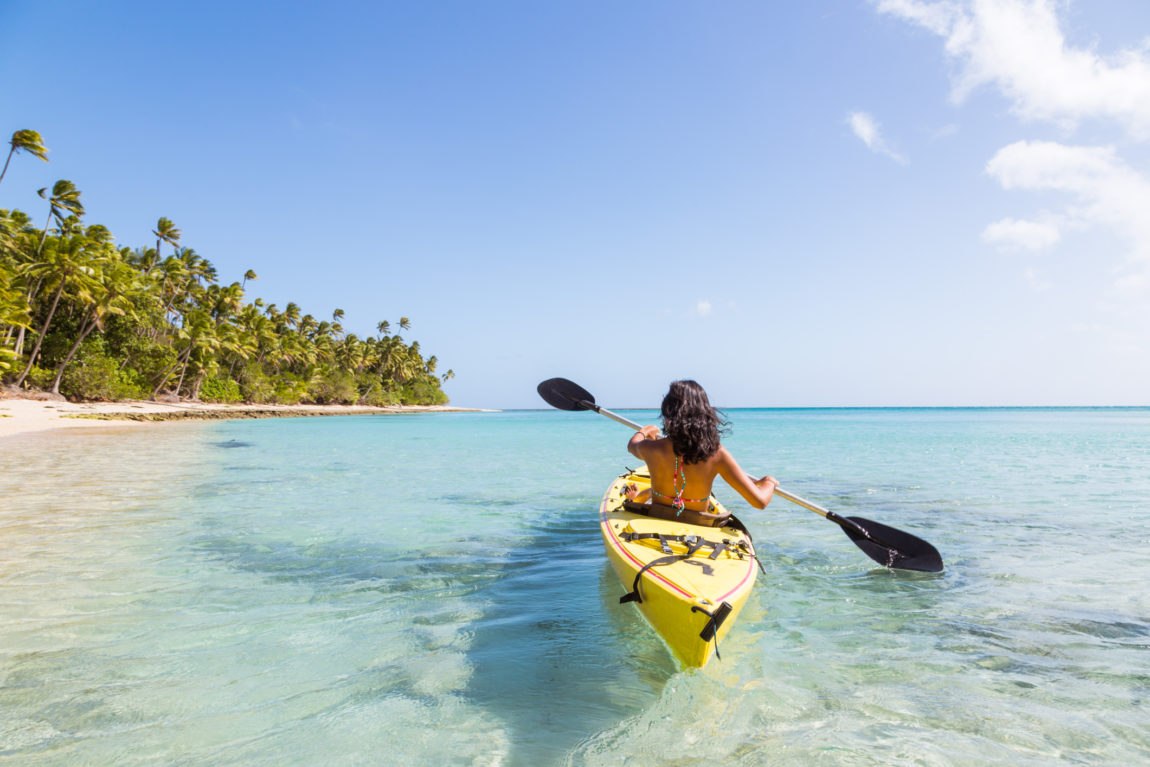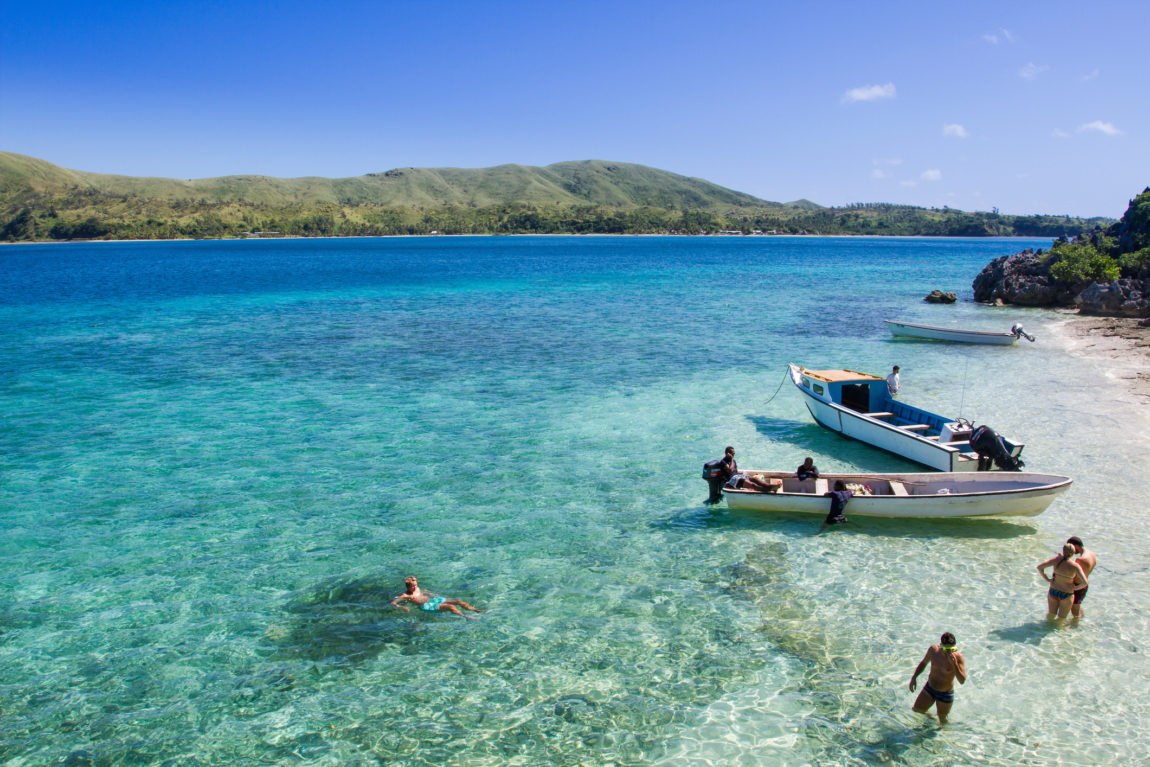Lookalike Tourist Attractions
Most of us have a bucket list of beautiful places around the world we want to see, whether it’s the Grand Canyon, ...
KEEP READING
Fiji Water is a thirst-quenching, luxury bottle of water enjoyed all around the world. Fiji tap water, on the other hand, is not always so luxury and often lacks adequate filtration, giving you a cup full of shells, frogs and bacteria. Much less thirst-quenching. That said, those who are travelling to this gorgeous island nation also probably shouldn’t try to walk up to the nearest spring and take a sip. Here’s what you need to know in order to stay safe and healthy in Fiji.

Photo credit Getty/Matteo Colombo
The best rule of thumb suggests the farther away from nice resorts you are, the more at risk you are of consuming dirty water. Officially, the tap water in Nadi and Suva and mainland resorts are the safest to drink. However, you might find the tap water has a bit of a funky flavour, as we’re used to a different filtration system here in Australia. Of course, resorts don’t want their guests getting sick from contaminated water, so they often have it shipped in or take extra precautions to clean it. That’s why if you go to take a sip it might smell like chlorine. This isn’t harmful to drink, but it might be a little off-putting to those who aren’t used to it. Don’t worry about not being able to have a refreshing glass of H2O on your trip – the islands have plenty of bottled water (including Fiji Water) to go around. To note, the farther you travel from resorts or outside Nadi and Suva, the more risk you’re in for consuming water that could lead to illness.
It’s important that you are confident with where you water has come from, as there are a couple of diseases you can get when it’s unsanitary. For example, in Fiji, you can get Hepatitis A, a liver disease often caused by contaminated food or water. This would be a holiday-ruiner. Symptoms include a fever, tiredness, loss of appetite or stomach pain and nausea or vomiting. Fortunately, you can get a vaccine before you go in order to reduce the risk of getting this disease. Additionally, typhoid is another common disease in Fiji caused by contaminated food or water with similar symptoms to Hep A. You can also get a vaccination for this before your trip.

Photo credit Getty/Matthew Micah Wright
If you are bringing kids on your trip, it’s especially important to get them vaccinated for the aforementioned diseases. Be sure to do this at least three months ahead of your trip to give them the best protection. It will also be important to remind kids to avoid drinking the tap water if they can help it. That means brushing teeth with bottled water and keeping their mouth closed when they are in the shower or bath. Most resorts will supply you with free bottles of water, so you won’t have to worry about spending a fortune on clean water. And, if you ever run out, be sure to ask for more.
Fiji’s current safety advice from Smartraveller has visitors exercising normal safety precautions, but you should always double check the site before your trip so you can best prepare yourself for any situation. Note: Information current as of March 20, 2018.